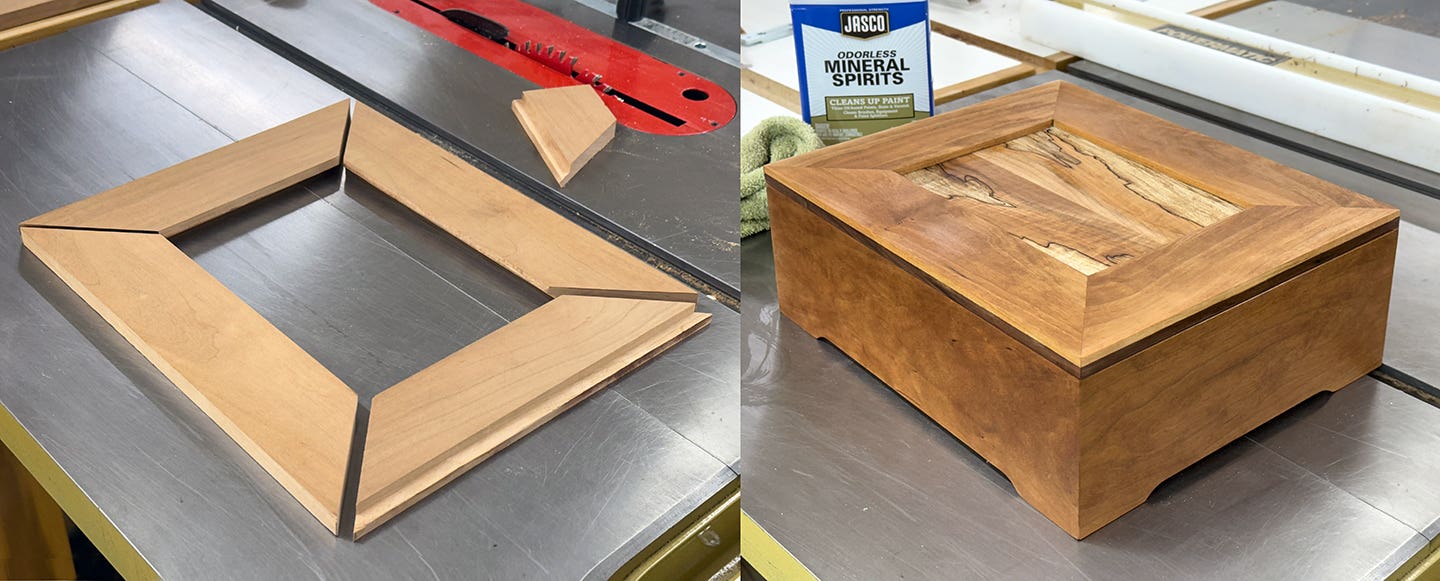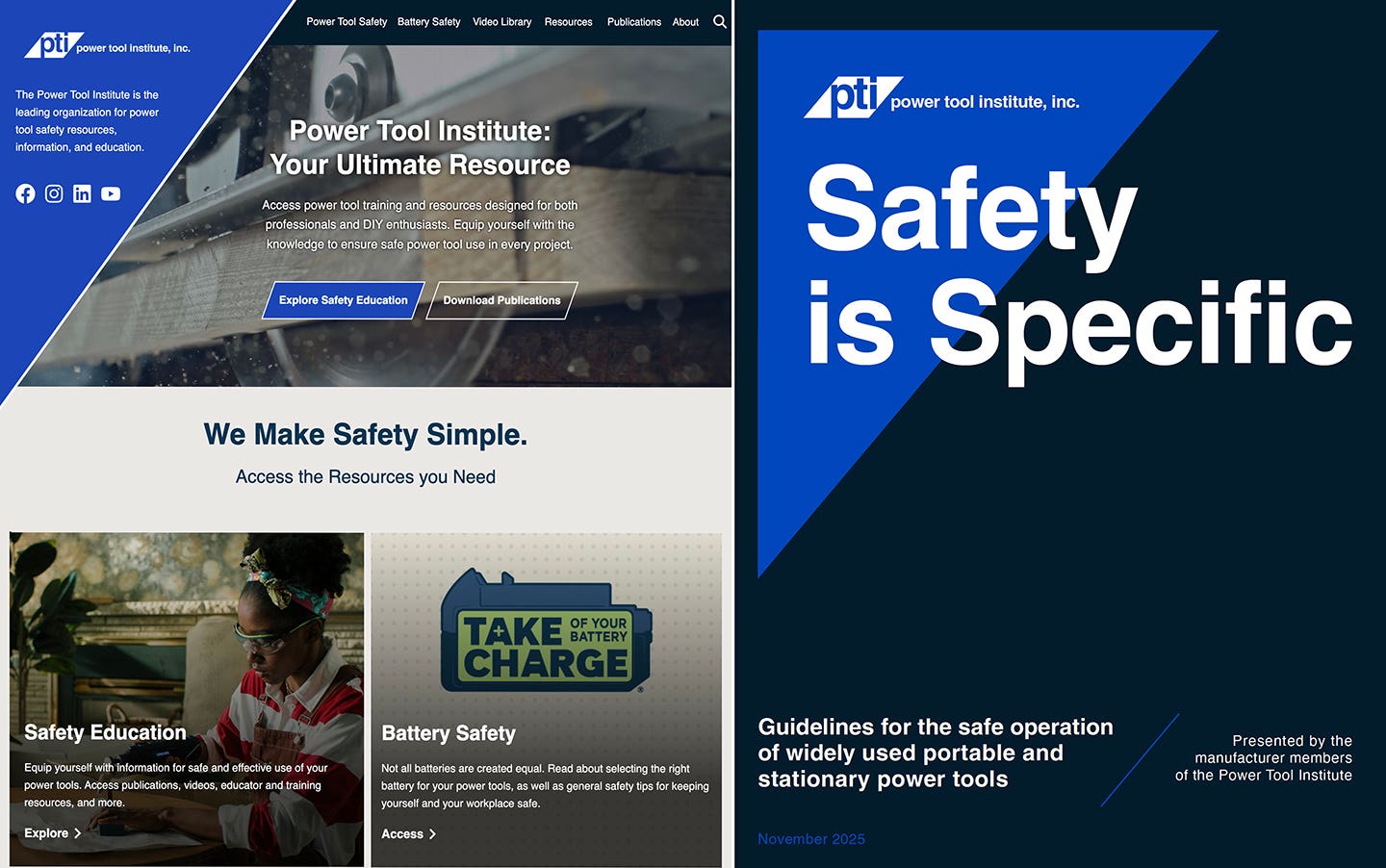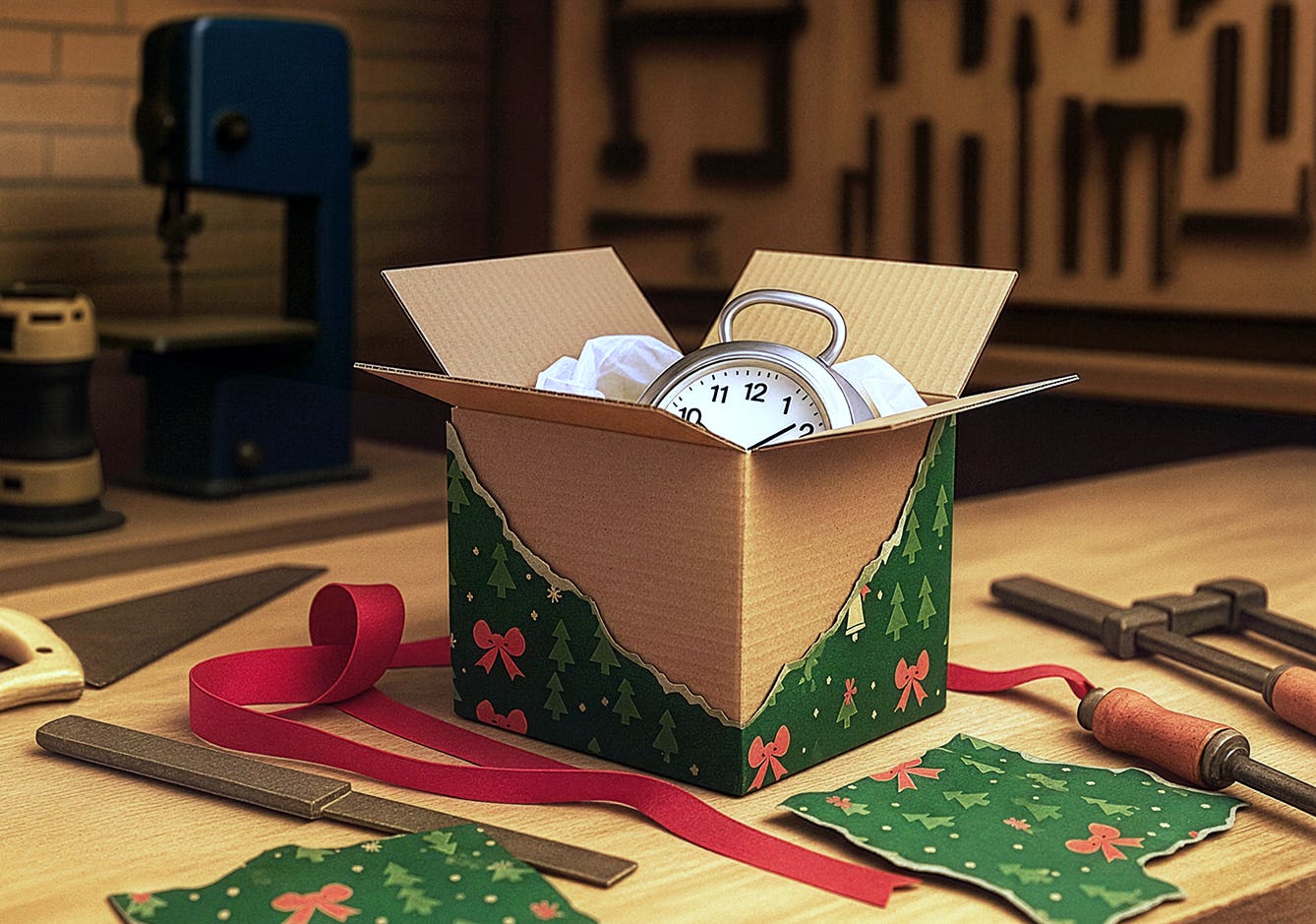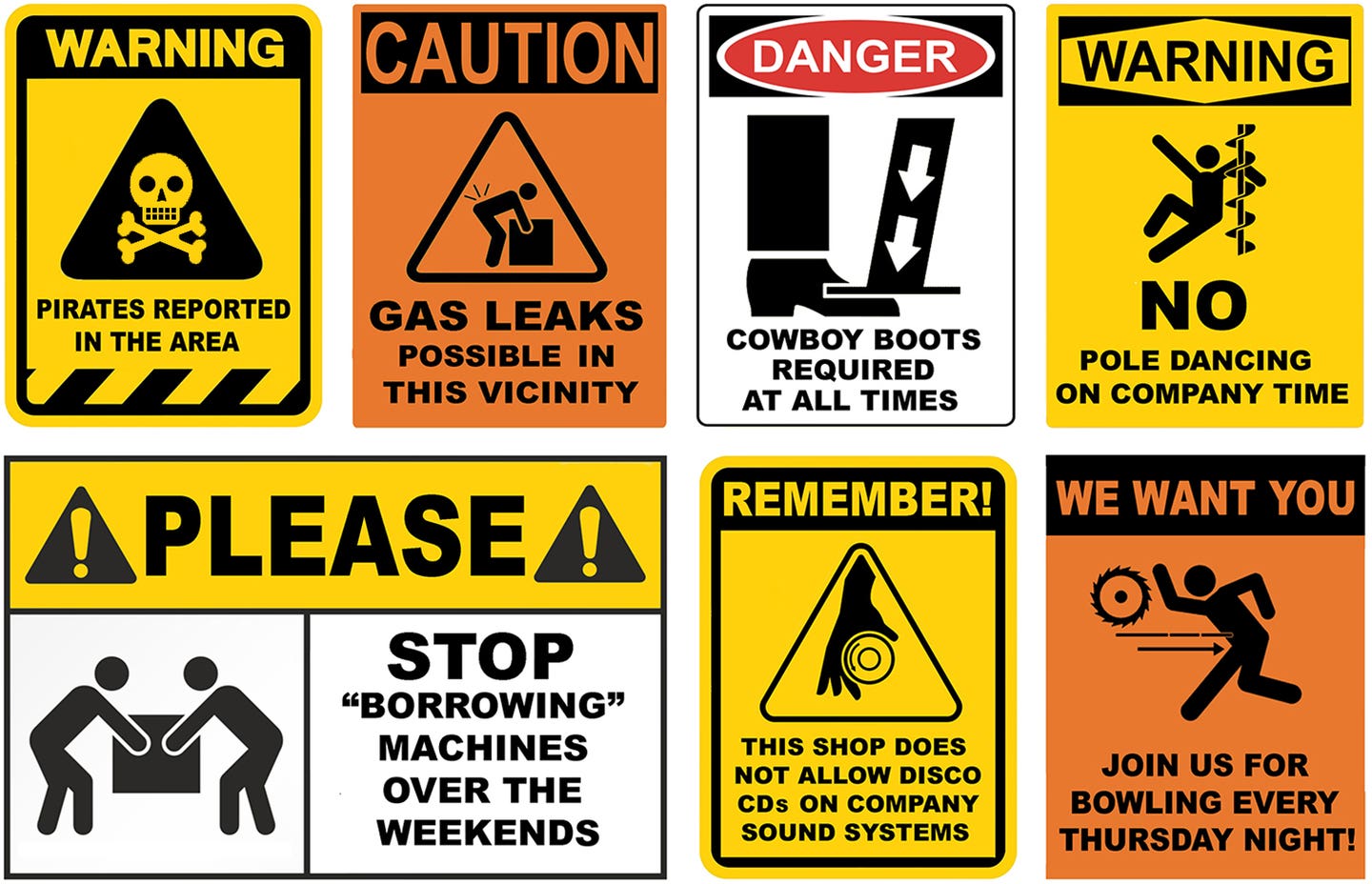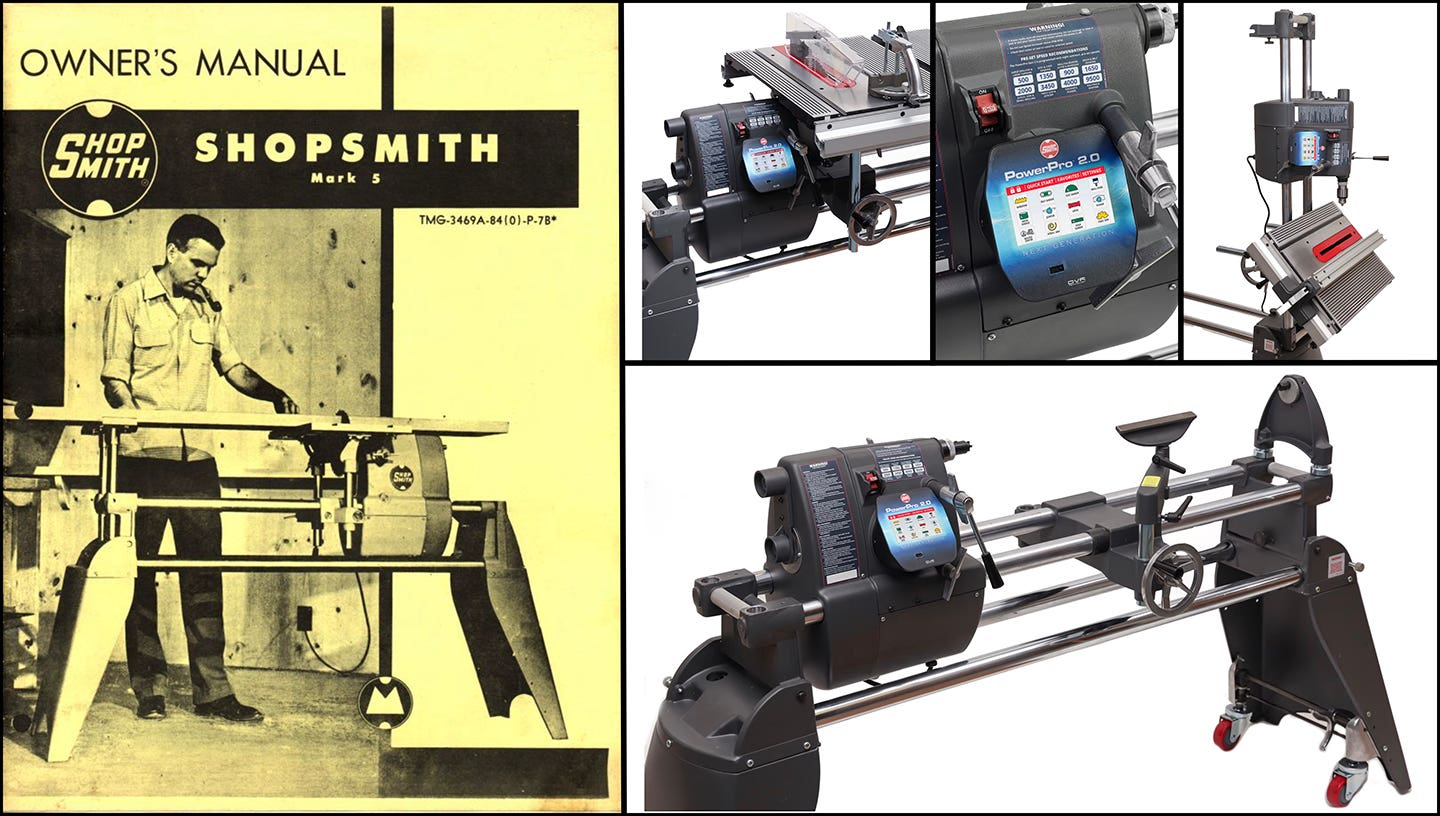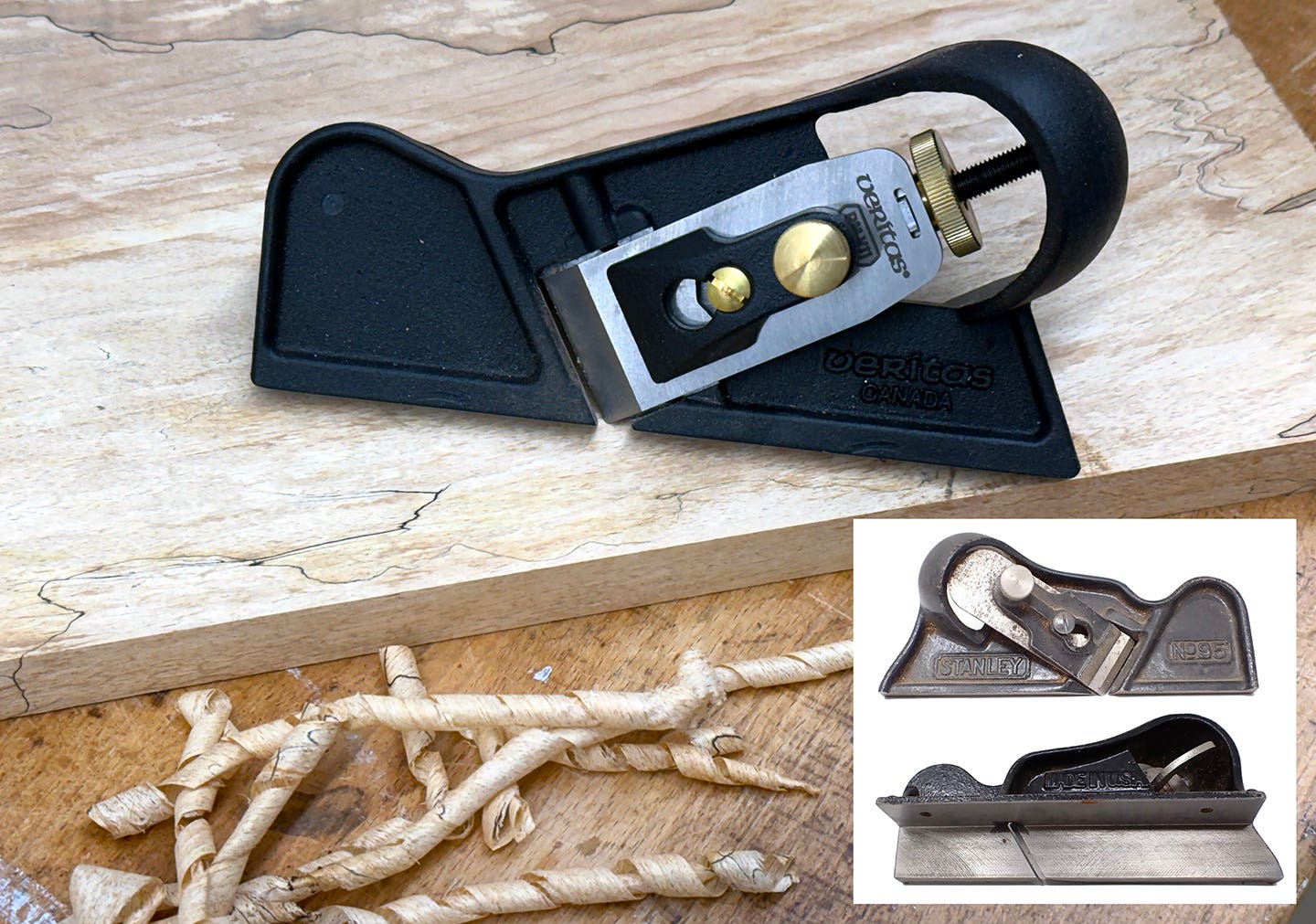Origin of species (with apologies to Charles Darwin)
Like it or not, were a global economy. I fully understand the buy American sentiment, but thats a political stance. I look at it from a more practical stance. I…
Like it or not, were a global economy. I fully understand the buy American sentiment, but thats a political stance. I look at it from a more practical stance.
I have a limited amount of money to spend, and cant afford the luxury of buying products based on origin simply for the sake of buying based on origin. I must buy the best product for my needs, regardless of where it originates. I firmly believe that great products, no matter where theyre from, will rise to the top. Likewise, I believe that inferior products again, no matter their origin should either sink back into the primordial goo from which they failed to evolve, or be improved to become more competitive.
The perfect example of this is the U.S. auto industry. About 30-35 years ago we were encouraged to buy American to help Detroit. At the time, almost all U.S. cars were junk (and got lousy gas mileage). Instead, I bought a Japanese car because it was better. Yeah, I was accused of being un-American but I didnt care. I needed a car I could depend on, and when it came time to replace that car I got another Japanese vehicle. After several years of languishing at the bottom of the sales charts, Detroit stopped whining and started building better cars. When they did a lot of folks started buying them again, including me I bought a Dodge Caravan that I drove for six years, 150,000-plus miles, and loved it. I replaced it with a Saturn built in Tennessee, and now have seven years and 115,000 miles on it and I still love this car.
Today theres a variation on this old battle with more and more of our woodworking tools and materials coming from overseas. Some are excellent; some stink. Ive spoken here a lot about the crummy Chinese plywood some of the Big Box stores carry. And many new tools (some with trusted names) are being farmed out to who-knows-where with woefully uneven results.
Reading tool reviews and comparing notes with other woodworkers is more important than ever now when it comes to making a tool purchase, because not to do so is little more than a gamble unless youve done your homework. Hopefully, my above theory that good products will, in a Darwinian sense, survive is correct. The best tools at the best prices will, in a perfect world, drive lesser species of woodworking gear into extinction.
But this takes work. Only rarely now can you buy tools based on the traditional quality of the name, so the biggest burden is on you to thoroughly research a particular piece of equipment before spending your hard-earned cash. But the rest of the burden is on the manufacturers they have to earn our trust as well as our money. Ill have some further thoughts on that side of the equation in my next blog.
Till next time,
A.J.
A.J. Hamler is the former editor of Woodshop News and Woodcraft Magazine. He's currently a freelance woodworking writer/editor, which is another way of stating self-employed. When he's not writing or in the shop, he enjoys science fiction, gourmet cooking and Civil War reenacting, but not at the same time.


